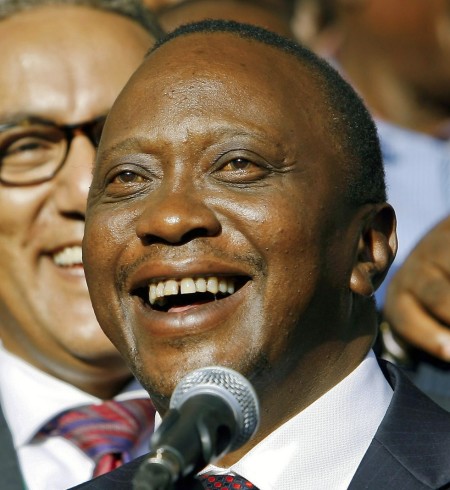Kenyan president Uhuru Kenyatta is a free man this week after his charges and any summonses to appear before the International Criminal Court (ICC) were terminated on Friday.
However, the judges — Ms Kuniko Ozaki, Mr Robert Fremr and Mr Geoffrey Henderson — warned the President against interfering with witnesses or collection of evidence, and said they would also have residual jurisdiction in the matter should Prosecutor Fatou Bensouda succeed in her appeal.
Last week, Ms Bensouda was allowed to appeal an earlier decision dismissing her application to have Kenya declared non-compliant for failing to furnish her office with Mr Kenyatta’s financial records. Having been given a deadline to decide whether she had the evidence to prove Mr Kenyatta’s criminal responsibility, or withdraw the charges, Ms Bensouda chose to withdraw on December 4, last year.
President Kenyatta faced crimes against humanity charges at the court. The prosecution had said he played a big role in the violence that rocked Nakuru and Naivasha shortly after the 2007 presidential poll results were announced.
The judges said although the present proceedings would be terminated, the court retained a limited residual jurisdiction to consider certain procedural matters, including any review and possible reclassification of confidential filings in the case record, which shall remain confidential.
“The Chamber further notes that it may be necessary to reconsider this decision, and resume a certain limited jurisdiction,” they said.
Prior to the termination of the case, the legal representative for the victims, Fergal Gaynor, had made calls through the judges to have the government and the prosecution continue efforts to hold accountable those responsible for the crimes committed in Naivasha and Nakuru in 2007 and 2008 and stressed the need for aid to be provided to victims.











